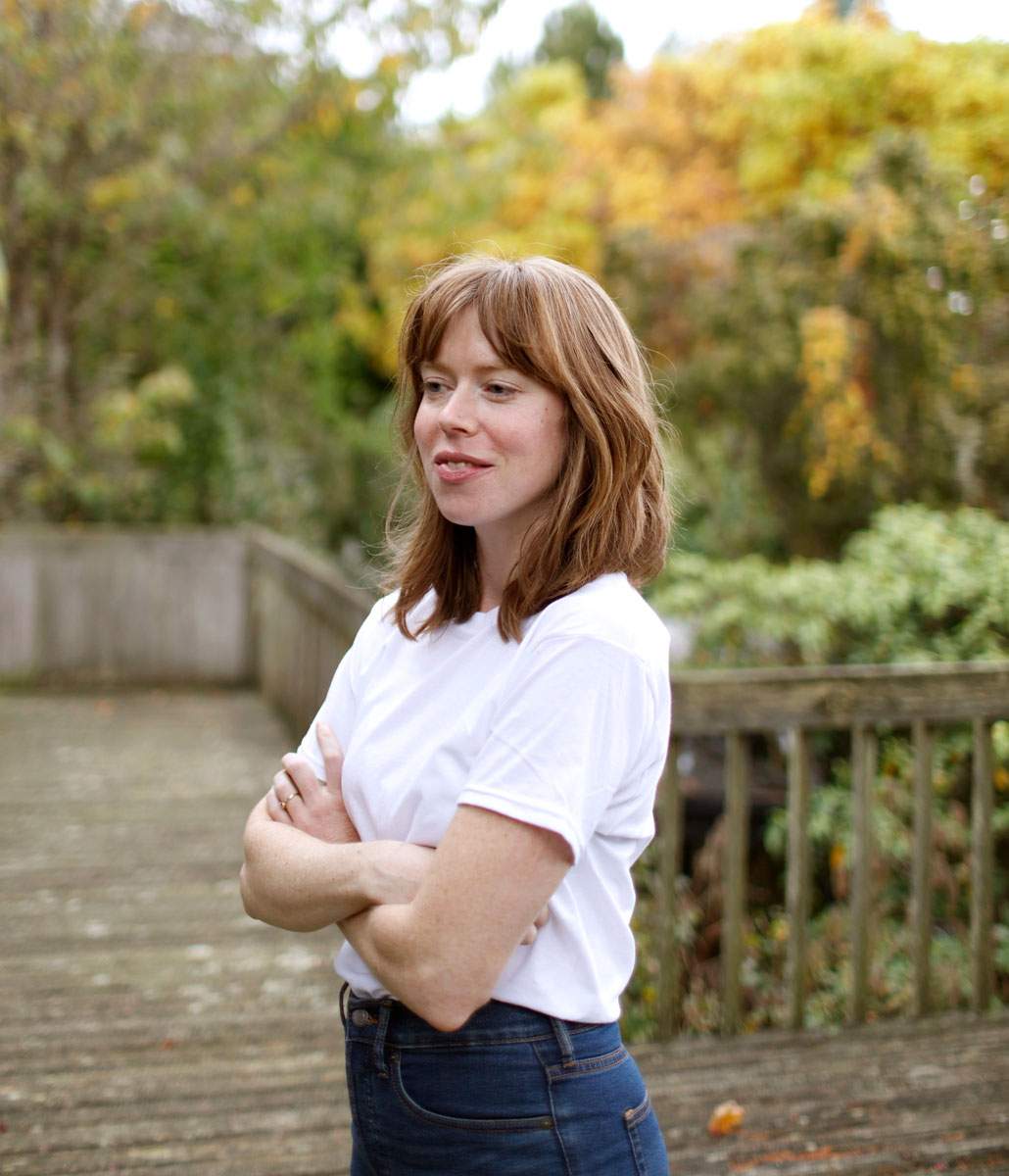Molly Wizenberg

About
Molly Wizenberg (https://www.mollywizenberg.com/) Molly Wizenberg is the bestselling author of three memoirs: The Fixed Stars, A Homemade Life, and Delancey. Her work has appeared in The Guardian, Lit Hub, The Washington Post, Bon Appetit, and elsewhere. From 2004 to 2019, she wrote the James Beard Award-winning blog Orangette. Molly lives in Seattle and teaches writing around the world.
Scheduled to Teach
LACP Interviews Molly Wizenberg
LACP asks Molly Wizenberg ten questions about their background, career in and beliefs about writing.
LACP: What kind of writer are you?
Molly Wizenberg: I write memoir and other forms of personal narrative. For me, writing is a tool for thinking — for figuring out who I am, who I’ve been, and what matters to me. I’m particularly drawn to writing about the parts of life that we find difficult to talk about, like death and loss, identity, and sexuality.
LACP: How long have you been writing?
MW: I’ve been a full-time writer since 2007, when I left a job in publishing to write my first book. I’ve been teaching writing since 2010. At first it was just a couple of workshops a year, but these days, with the ease and convenience of Zoom, I’m thrilled that teaching has become a larger part of my work life. I absolutely love what I do.
LACP: Where did you get your training?
MW: I was lucky as a kid to have adults in my life who recognized my passion for writing and reading. In the beginning, poetry was my thing, and I still consider it the foundation of my craft. My father pointed me toward Carl Sandberg and Dylan Thomas and Langston Hughes, but when I was thirteen, a family friend gave me a copy of Adrienne Rich’s Diving into the Wreck, and that’s when I was really off and running. As a teen growing up in Oklahoma City, I spent two summers at the Oklahoma Arts Institute at Quartz Mountain, an intensive arts academy for high school students, and I returned there to work during college summers. Oklahoma may not be widely known for its arts programs, but at OAI, I was able to study under Yevgeny Yevtushenko and Peter Fortunato, and to work alongside George Bilgere and Ruth L. Schwartz. Those summers made me a writer.
Of course, that said, it took my courage a little while to catch up. As a young adult, I got scared off the idea of trying to make a living as a capital-w Writer, and I tried to steer myself toward other pursuits. I have a bachelor’s in Human Biology from Stanford University and an M.A. in Cultural Anthropology from the University of Washington. But I tiptoed back into writing in my late twenties by starting a blog, and that led to a three-year stint as a columnist for Bon Appétit, and then my first book was published by Simon & Schuster in 2009, followed by a second in 2014, and my latest in 2020. I haven’t looked back, and I don’t plan to.
LACP: When did you know you wanted to devote your life to writing?
MW: 2004. That’s when I started to write regularly again, and to write for myself, like I’d done as a teenager. I had just decided to quit my graduate program in anthropology — it was a PhD program, but I decided to leave at the MA level. I told myself, If you’re going to leave school, it better be worth it. It better be something that matters. I was terrified to take my writing seriously or to try to depend on it. So clearly that was what I had to do.
LACP: Did you ever come close to giving up?
MW: Sure did! See above.
LACP: Have you sacrificed anything by being a writer?
MW: This job doesn’t come with health insurance, paid leave, or a regular salary. I have *always* had to find ways to supplement my writing and/or teaching income. But this is work I can be proud of, and I get to read all the books I want.
LACP: What have you gained by being a writer?
MW: Everything. But maybe best of all, a sense of familiarity with my own mind.
LACP: What classes do you teach at LACP?
MW: I teach a writing workshop called “From Memory to Story,” in which we practice tapping into memories, rebuilding scenes from the past, and writing vividly from within them.
LACP: What do you love most about teaching?
MW: I’m blown away by how much *I* learn from my students. I know a lot of people say that about teaching, but that’s because it’s true. Writing has always felt instinctual to me, so the effort of translating that instinct into something teachable, and then sharing it with others — it’s the best kind of work. And then there’s also the joy of reading student writing, getting to be a witness as they explore their lives and themselves through language. It’s pretty great.
LACP: What advice would you give someone who is thinking about making a career in writing?
MW: Start writing, keep writing, and when you want to stop, don’t. There’s no other way.